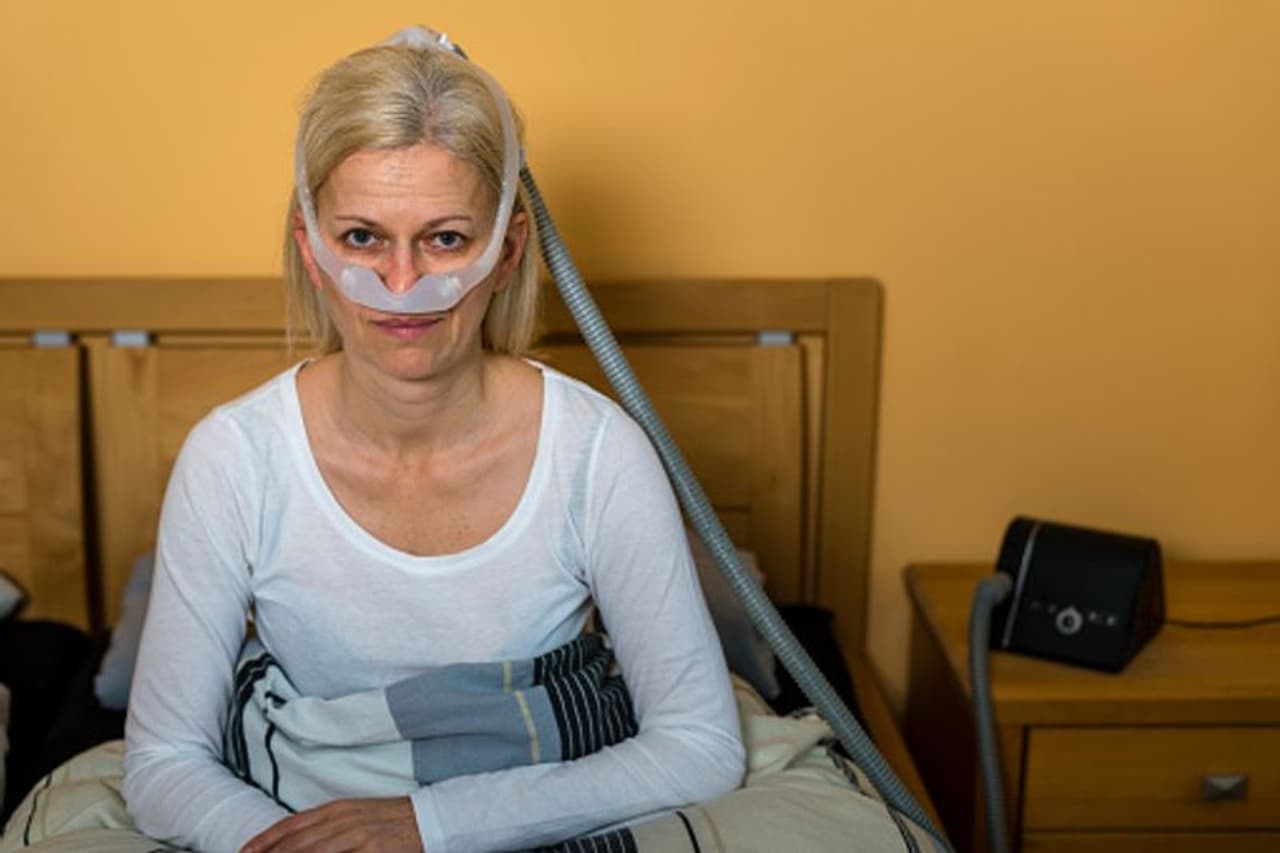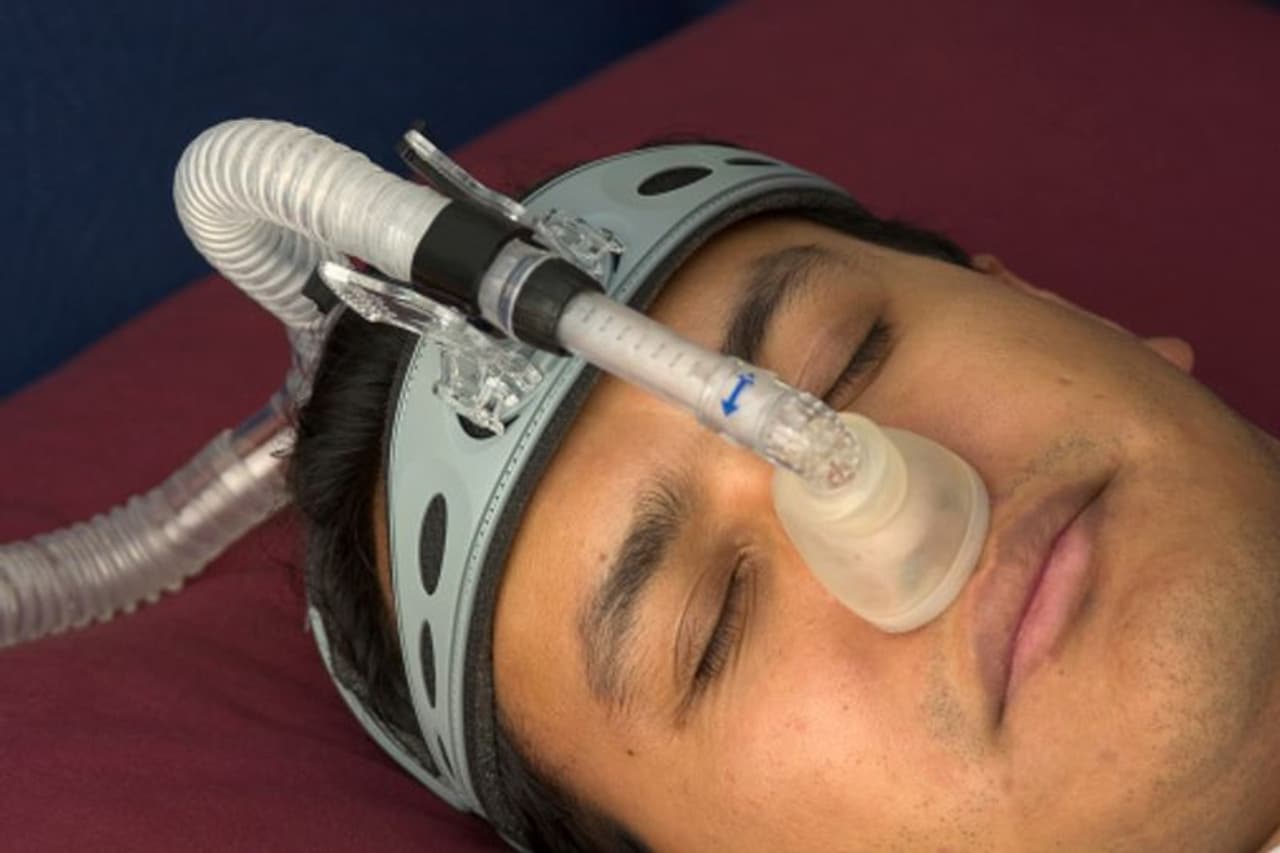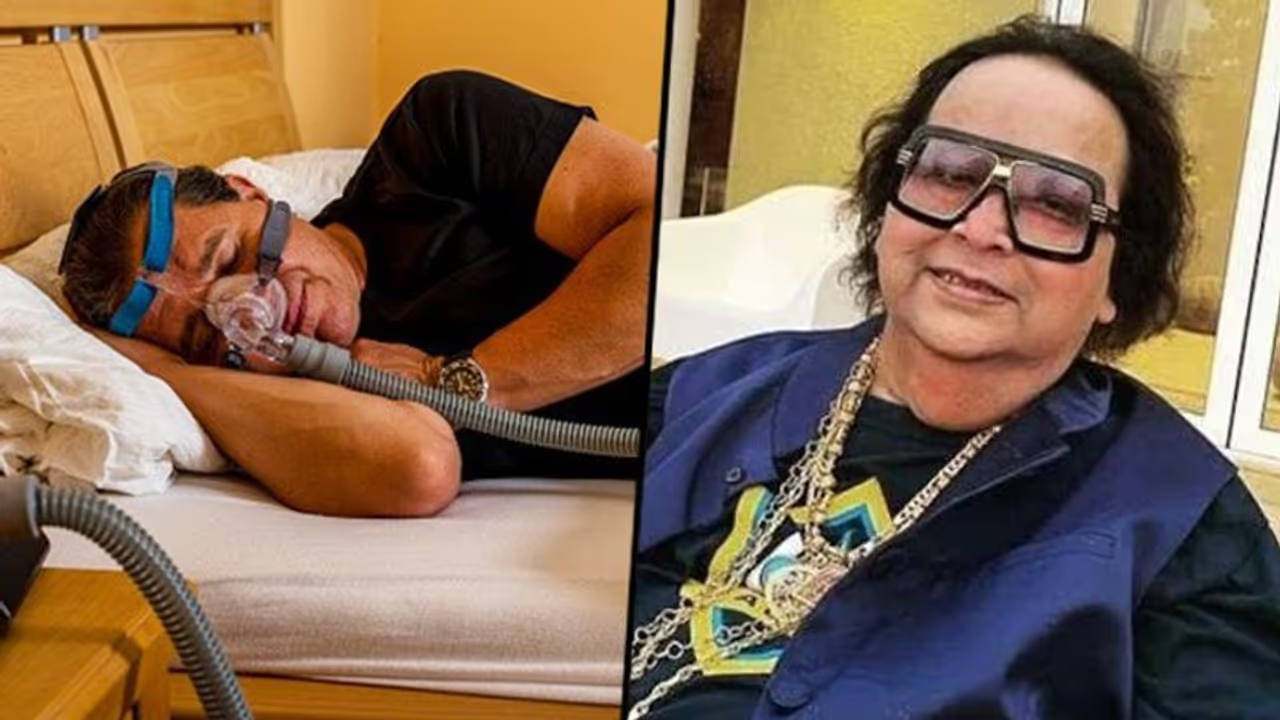Bappi Lahiri passed away at 69 due to Obstructive Sleep Apnea (OSA). We spoke to Dr Hirennappa B Udnur, Consultant Pulmonologist, Manipal Hospital, Hebbal, Bengaluru who talked about what the health condition means, its signs, symptoms and much more.

Veteran singer Bappi Lahiri passed away in Mumbai on February 16. He was 69. According to the report, the singer died due to obstructive sleep apnea. “Lahiri had been admitted to the hospital for a month and was discharged on Monday. But his health deteriorated on Tuesday and his family called for a doctor to visit their home. He was brought to the hospital. He had multiple health issues. He died due to OSA (obstructive sleep apnea) shortly before midnight,” Dr Deepak Namjoshi, director of the hospital, told PTI.
Did you know that snoring while sleeping could be a sign of bad health? Yes, you read that right. If you are someone who snores loudly during your sleep and suddenly wakes up due to running out of breath, then you have sleep apnoea. This disorder can cause you to snore loudly and suddenly stop breathing repeatedly and waking up with tiredness/fatigue after a full night sleep. Also, not everybody who snores requires an evaluation sometimes it can indicate nasal problems. People snoring in the daytime and having symptoms like dozing off episodes may need sleep study for further evaluation.
About 4.4% to 13.7% of Indians have obstructive sleep apnoea. If you want a gender-wise breakup, about 4.4% - 19.7% Indian males and 2.5% - 7.4% Indian females struggle with obstructive sleep apnoea. This was mentioned in the study ‘Obstructive Sleep Apnoea Hypopnoea Syndrome - Indian Scenario’ conducted by Dr. C. N. Prasad in 2013.

What Are The Major Symptoms of Sleep Apnoea?
You may observe the following symptoms when you are asleep:
- Breathing stops and starts suddenly
- Gasping and snorting noises
- You feel choked and make choking noises
- Disturbed sleep where you tend to wake up a lot during your sleep
- Loud snoring that disturbs your partner or family
- Gasping for air while sleeping
Daytime symptoms include:
- Fatigue
- Difficulty in concentrating and focusing
- Constant mood swings
- Headache on waking up
- Waking up with a dry mouth
- Irritable mood
You should consult the doctor if you are experiencing the following symptoms:
- You are unaware of the signs and someone else (either partner or a family member) is informing you about the symptoms
- You stop repeatedly breathing at night
- You are gasping or choking for breath
- The sensation of tiredness and sleepiness in the day
What Are The Causes Of Sleep Apnoea?
Sleep apnoea occurs when your airways are too narrow during your sleep. This makes you unable to breathe properly.
You can develop sleep apnoea if:
- You are obese.
- You have a large neck.
- You are old - although this is not a compulsory factor. Even young adults and children can have sleep apnoea.
- You drink alcohol.
- You smoke regularly.
- You have large tonsils or adenoids.
- You sleep on your back.
- Family history with the same condition of sleep apnoea

What Happens If Sleep Apnoea Is Untreated?
If you have been diagnosed with sleep apnoea and do not get treated, you may develop the following complications:
High blood pressure: Sleep apnoea results in sudden drops in your blood oxygen levels. This can increase your blood pressure and maximise your cardiovascular disease risks.
- Daytime tiredness
When you do not get a good night’s rest, you are bound to feel tired during the day. Sleep apnoea makes you wake up repeatedly at night and adds to the difficulty of falling asleep again. This results in daytime drowsiness, irritability, and fatigue.
- Diabetes Mellitus
Sleep apnoea increases your chances of developing insulin resistance resulting in type 2 diabetes.
- Medications and Anaesthesia
You may develop certain complications after major surgery or after taking certain medicines if you have sleep apnoea. Surgeries require you to be sedated and given anaesthesia. You need to lie on your back that can increase your breathing problems.
- Metabolic syndrome
Since sleep apnoea can increase your risk of high blood pressure and high blood sugar, you are also at a higher risk of developing high cholesterol levels and increasing your body weight. This increases your chances of developing a heart disease.
Conclusion
Sleep apnoea is a serious condition if not treated early. Consult your doctor and go for a routine check-up every year. This will help you understand any issues that you may have and detect sleep apnea early.
